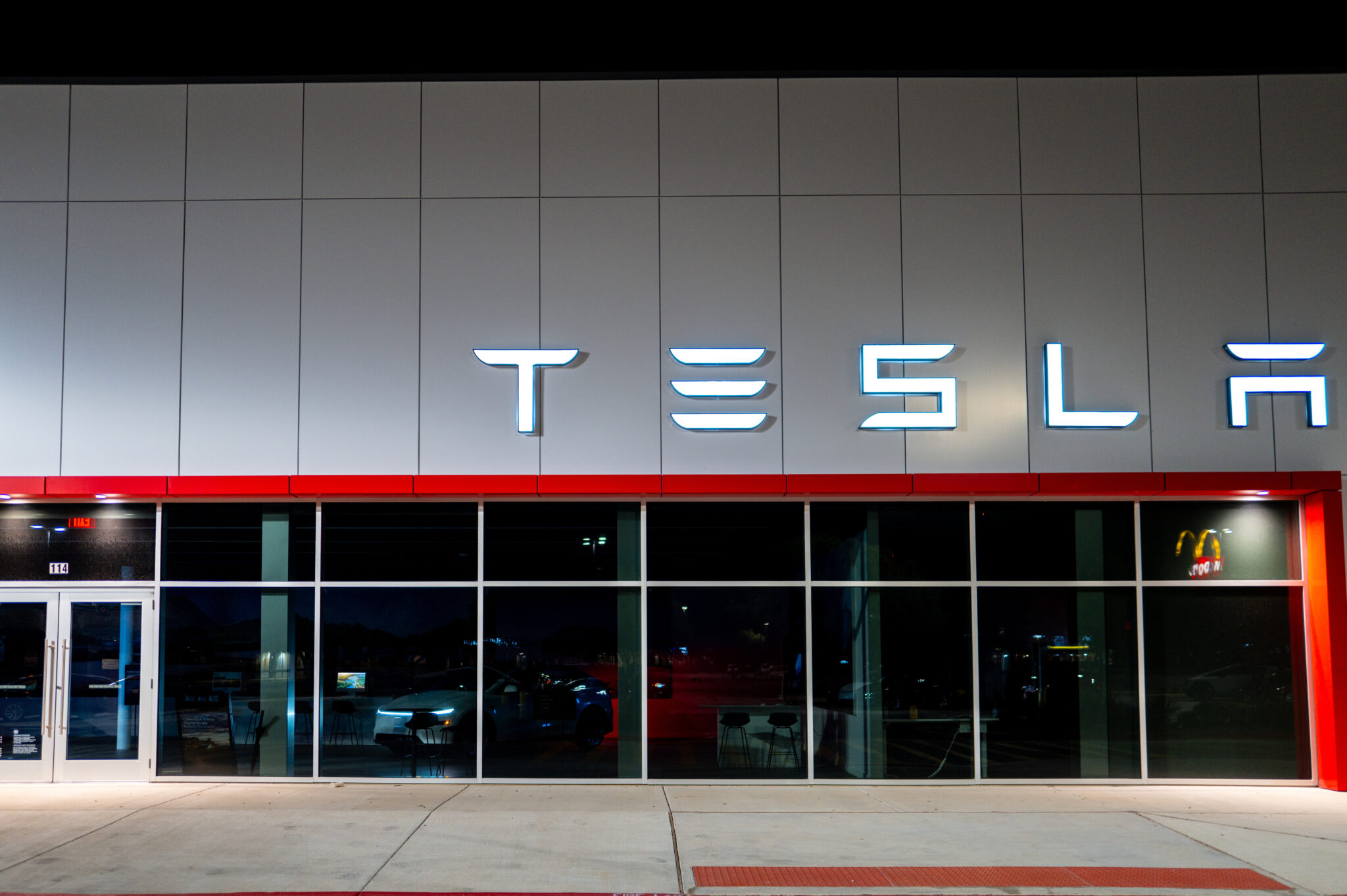Obviously the law must be simple enough to follow so that for Jim’s furniture shop is not a problem nor a too high cost to respect it, but it must be clear that if you break it you can cease to exist as company.
I think this may be the root of our disagreement, I do not believe that there is any law making body today that is capable of an elegantly simple law.
I could be too naive, but I think it is possible.
We also definitely have a difference on opinion when it comes to the severity of the infraction, in my mind, while privacy is important, it should not have the same level of punishments associated with it when compared to something on the level of poisoning water ways; I think that a privacy law should hurt but be able to be learned from while in the poison case it should result in the bankruptcy of a company.
The severity is directly proportional to the number of people affected. If you violate the privacy of 200 million people is the same that you poison the water of 10 people. And while with the poisoning scenario it could be better to jail the responsible people (for a very, very long time) and let the company survive to clean the water, once your privacy is violated there is no way back, a company could not fix it.
The issue we find ourselves with today is that the aggregate of all privacy breaches makes it harmful to the people, but with a sizeable enough fine, I find it hard to believe that there would be major or lasting damage.
So how much money your privacy it's worth ? 6
For this reason I don’t think it is wise to write laws that will bankrupt a company off of one infraction which was not directly or indirectly harmful to the physical well being of the people: and I am using indirectly a little bit more strict than I would like to since as I said before, the aggregate of all the information is harmful.
The point is that the goal is not to bankrupt companies but to have them behave right. The penalty associated to every law IS the tool that make you respect the law. And it must be so high that you don't want to break the law.
I would have to look into the laws in question, but on a surface level I think that any company should be subjected to the same baseline privacy laws, so if there isn’t anything screwy within the law that apple, Google, and Facebook are ignoring, I think it should apply to them.
Trust me on this one, direct experience payment processors have a lot more rules to follow to be able to work.
I do not want jail time for the CEO by default but he need to know that he will pay personally if the company break the law, it is the only way to make him run the company being sure that it follow the laws.
For some reason I don’t have my usual cynicism when it comes to this issue. I think that the magnitude of loses that vested interests have in these companies would make it so that companies would police themselves for fear of losing profits. That being said I wouldn’t be opposed to some form of personal accountability on corporate leadership, but I fear that they will just end up finding a way to create a scapegoat everytime.
It is not cynicism. I simply think that a huge fine to a single person (the CEO for example) is useless since it too easy to avoid and if it really huge realistically it would be never paid anyway so nothing usefull since the net worth of this kind of people is only on the paper. So if you slap a 100 billion file to Musk he will never pay because he has not the money to pay even if technically he is worth way more than that.
Jail time instead is something that even Musk can experience.
In general I like laws that are as objective as possible, I think that a privacy law should be written so that it is very objectively overbearing, but that has a smaller fine associated with it. This way the law is very clear on right and wrong, while also giving the businesses time and incentive to change their practices without having to sink large amount of expenses into lawyers to review every minute detail, which is the logical conclusion of the one infraction bankrupt system that you seem to be supporting.
Then you write a law that explicitally state what you can do and what is not allowed is forbidden by default.





